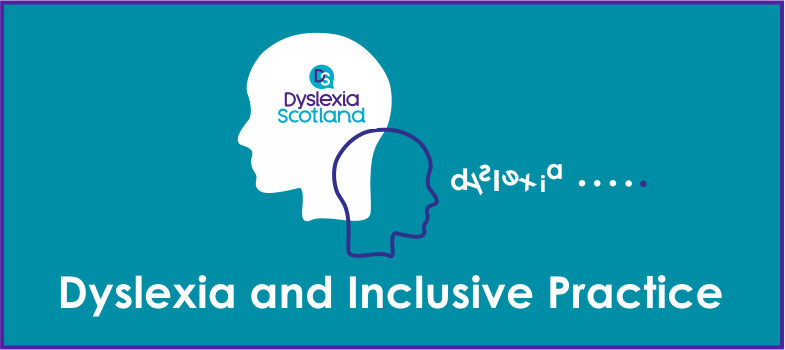4.3 Literacy debates
Reading approaches
If learners are encouraged and supported to read a wide range of texts for enjoyment, they will become more confident in making independent choices in their reading material. Developing as a reader is linked to positive attitudes and experiences as well as skills. Curriculum for Excellence recognises the fundamental importance of reading for enjoyment within the reading experiences and outcomes.
Over the years there has been a range of professional debate and dialogue over the most effective and appropriate methods for teachers to use when developing reading skills in children which are summarised below.
Top down theory
The top down approach to reading emphasises that reading is a meaning driven process, where the reader uses meaning predictions to read. When meaning is lost the student focuses more intently on the visual information to process the print.
Bottom up theory
The bottom up approach to reading emphasises that reading is taught through students first learning the alphabetic principle (grapho-phonic – the rules of sound and symbol relationships). Meaning takes place after accurate decoding of print.
Turbill, (2002) suggests that constant discussion of these theories drives teachers to search for better ways in creating a balanced pedagogy of reading for all children.
Teachers will need to be comfortable and aware of how to teach reading in order to make adjustments to the reading programme as required. The literacy circles offer some support to teachers in understanding the aspects involved in reading and writing
4.2 Staged level of intervention
